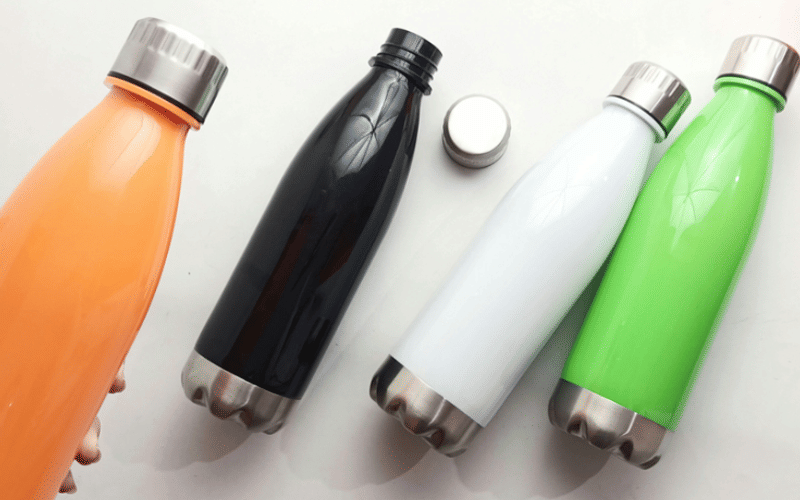The growing demand for reusable bottles
The reusable water bottles market is expanding rapidly due to increasing consumer awareness of sustainability and eco-friendly packaging solutions, with significant growth expected by 2034.
05 Mar 2025 | By WhatPackaging? Team
The reusable water bottles market is experiencing growth as consumers become more aware of the environmental impact of single-use plastics. This shift is largely driven by a concern over plastic pollution, resulting in an increased demand for sustainable alternatives.
In 2024, the market reached a value of USD 9.70-billion, with projections suggesting it will grow to USD 15.24-billion by 2034, expanding at a compound annual growth rate (CAGR) of 4.65% from 2025 to 2034.
One key factor contributing to the market’s growth is heightened environmental awareness. As more consumers seek ways to reduce their carbon footprint, reusable water bottles have gained popularity as an eco-friendly solution. Additionally, stricter government regulations on plastic use have fuelled this shift. The growing trend of sustainable living and health-conscious choices have also increased demand for reusable bottles. Many consumers prefer BPA-free and non-toxic materials, reducing health risks associated with plastic bottles.
The rise in demand has led to a flourishing market, with major brands positioning reusable bottles as fashionable accessories, backed by celebrity endorsements and social media presence. However, this trend raises questions about the sustainability of frequent bottle replacements.
While reusable bottles are more eco-friendly than single-use plastics, the environmental benefits are only realised when the bottles are used consistently over long periods. The production of each reusable bottle still requires more resources and energy than that of a disposable plastic bottle. If consumers buy multiple bottles in a short period, the net environmental benefit could be reduced.
The market for reusable water bottles is also driven by affordability, with plastic bottles still being the most popular due to their cost-effectiveness and versatility. Supermarkets and hypermarkets remain the leading distribution channels, offering bulk purchasing options and diverse product selections.
Looking ahead, with continued innovations in materials, packaging, and customisation, and growing consumer demand for sustainable products, businesses are well-positioned to meet these needs. As government regulations tighten, companies focused on sustainable solutions are expected to lead the way in this expanding market.
This story is based on a report by Towards Packaging.


